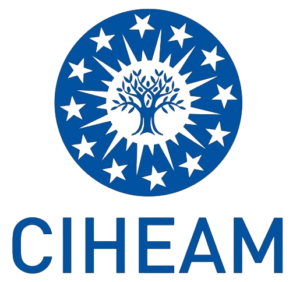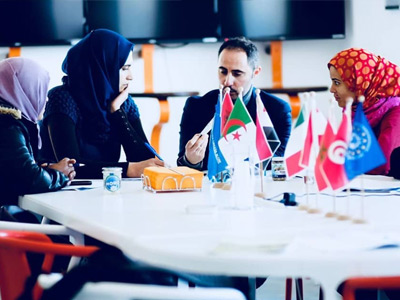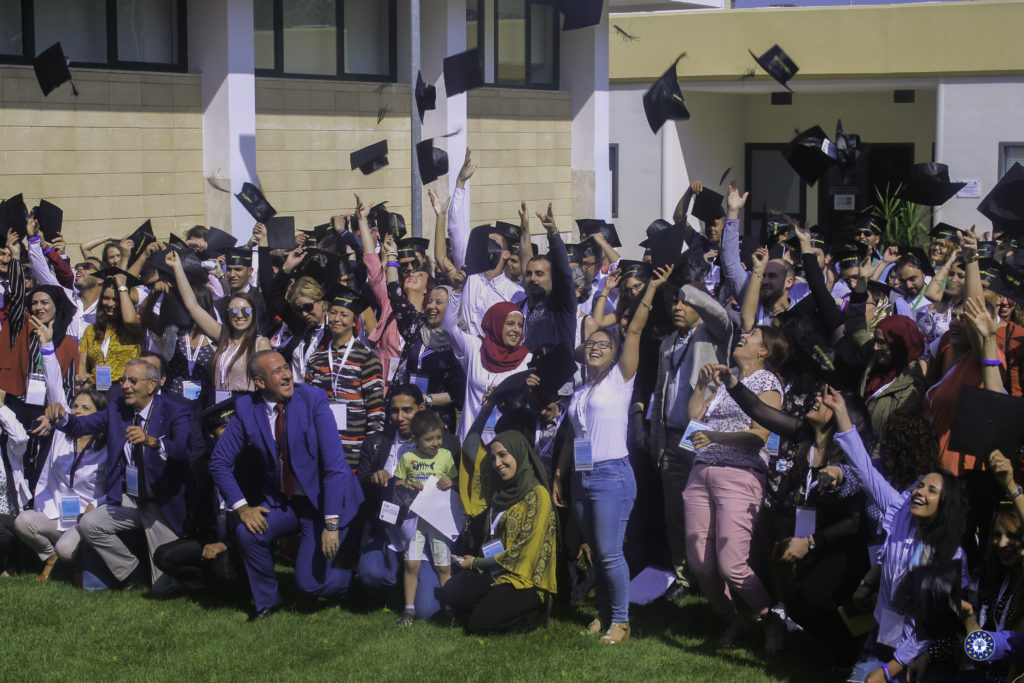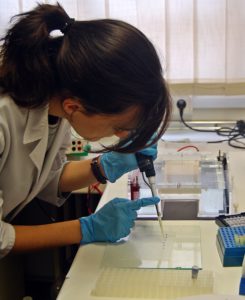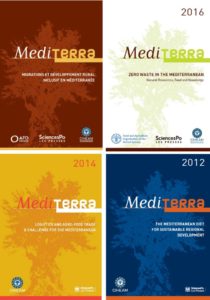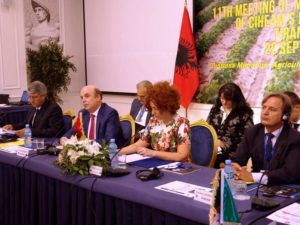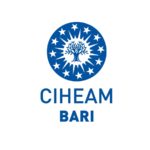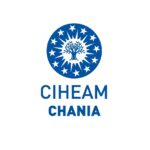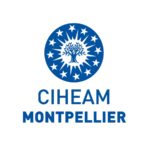
Webinar Blockchain in the agri-food supply chain - How can DLTs impact current international practices?
16 December 2020
The Italian Permanent Delegation to the OECD, the OECD Centre for Entrepreneurship, SMEs, Regions and Cities (CFE) and the OECD Agricultural Codes and Schemes, in cooperation with the International Organisation of Vine and Wine (OIV), the World Organisation for Animal Health (OIE) and the International Centre for Advanced Mediterranean Agronomic studies (CIHEAM),
organize the webinar
Blockchain in the agri-food supply chain
How can DLTs impact current international practices?
📅 18 December 2020 🕝 11:00 – 12:30 CEST (Paris time)
WHAT’S THE ISSUE?
Distributed Ledger Technologies (DLT) and blockchain are opening tremendous market opportunities across the economy. Although the technology was first developed for financial applications, it has rapidly been applied to a growing number of industries, as its application can open-up entirely new business models but might also have a lasting effect on well-developed supply chains, such as in the agri-food sector. DLTs provide alternative ways to enhance security, traceability and accountability of goods in their path from producers to consumers – an important issue involving multiple actors in most OECD countries.
Many Small and Medium Enterprises (SMEs) are bringing innovative DLT solutions to the market, to enhance trust and accountability across multiple actors with conflicting interests and uphold international standards.
Some of the supply chains in the agri-food sectors, extending across borders and regulatory systems all around the world, offer interesting areas of application for the technology – for example the supply chains for seeds, for wine, for the security of animal health, and others. The possibility to store a significant volume of important – and valuable - data in a secure, distributed infrastructure, without any single central point of failure, might offer important opportunities to fight counterfeiting and enhance transparency.
This webinar will discuss the opportunities and challenges of the application of DLTs and blockchain in the agri-food supply chain. There will be a focus on some SMEs providing these advanced services and some concrete examples from relevant possible applications of the technology in key value chains, such as:
- Seeds - The OECD Seed Schemes recently launched a feasibility study to explore how digital technologies could improve the efficiency and integrity of the international seed certification system. The study will compare the costs and benefits of different digital systems, including the development of a use case for blockchain.
- Winery - The OIV is about to develop an observatory on the digital transformation of the vine and wine sector. The observatory aims at informing and inspiring the sector by studying and disseminating knowledge about current trends in digital innovation. One of the axis of work is on blockchain and its application on traceability along the wine value chain.
- Animal health - Technological advances in areas such as blockchain can have significant potential to enhance the security and efficiency of electronic veterinary certification that provides sanitary guarantees for trade in animal and animal products. More broadly, the World Organisation for Animal Health (OIE) is starting to explore how such technology can be used in monitoring the implementation of its international standards.
The panellists will discuss how the technology can help in the agri-food supply chain, the solutions proposed by innovative SMEs, and how governments can play an active role in supporting the transition.


